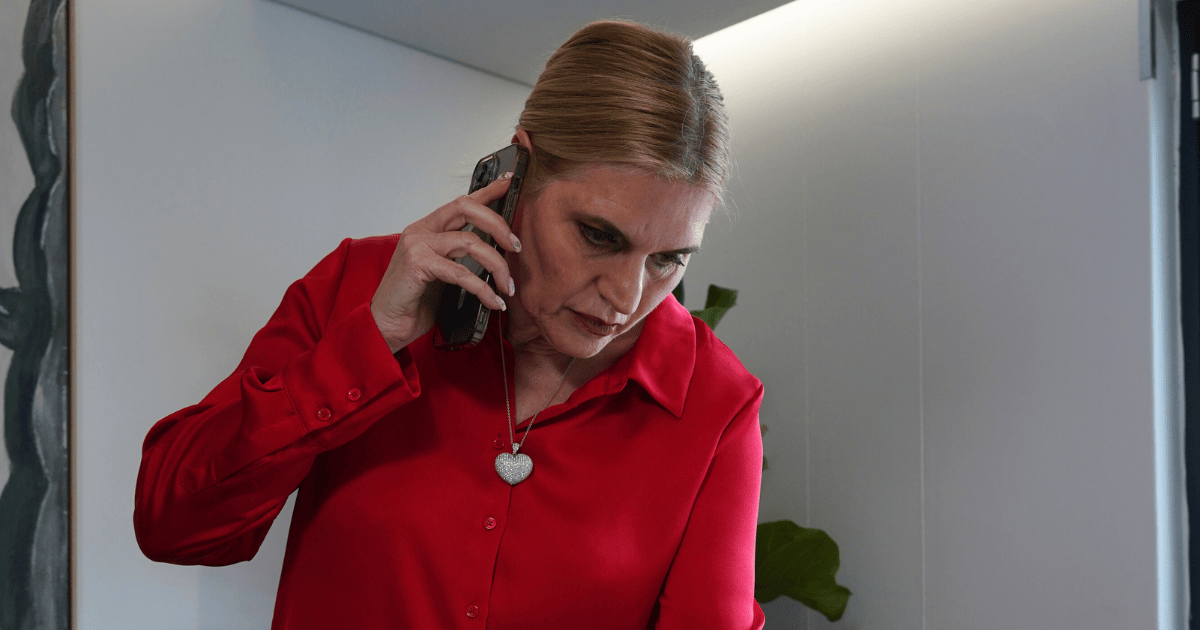Mediation involves a thorough discussion of what each side’s point of view is and what has happened in the past. High-conflict people, because of their self-sabotaging personalities, often make their own problems worse by blaming others, taking an all-or-nothing approach, having unmanaged emotions and resorting to extreme behaviours, which generally create more problems for themselves, rather than resolving or managing problems. Essentially, the high conflict person thrives on being uncooperative, uncompromising and vexatious. It is often extremely difficult for a high conflict person to disengage from the conflict which often unwittingly traps the other party in a conflict cycle from which they can not escape.
Being exposed to ongoing conflict is stressful and most people will go to major lengths to avoid being caught up in a conflict situation. This stress is unfortunately magnified where one of the parties taking part in mediation is a high conflict person. It is beneficial to therefore tread carefully when mediating with a high conflict person. It is important not to engage in lengthy discussions as to what should have been said or done. Instead, it is advisable to listen to what the other person has expressed in terms of their fears and concerns. It is also beneficial to repeat back to the person as to what you have heard them say about the issue and then get confirmation as to your understanding of what they have said. Ask the other person to put forward proposals for resolution and let them know that you will do the same.
Some Mediators attempt to mediate and resolve a dispute all on the same day, or sometimes within just a matter of hours. With high-conflict people, this is often unrealistic, and high-conflict people may require more time to think about and get comfortable with certain proposed solutions to their disputes. Many good solutions take some time for high-conflict people. It is often the case that they may agree and reach the same conclusions, but they also get credit for choosing the final decisions, rather than feeling they were forced on them.
For direct answers to your specific personal questions, please contact us directly.
Read more about our divorce services.
Author – Kate Bailey – Hill





